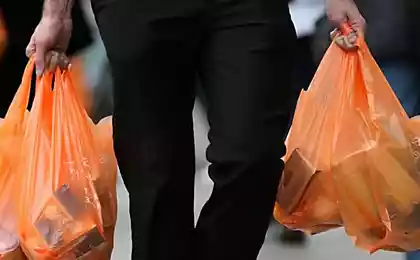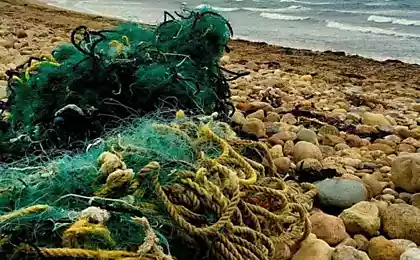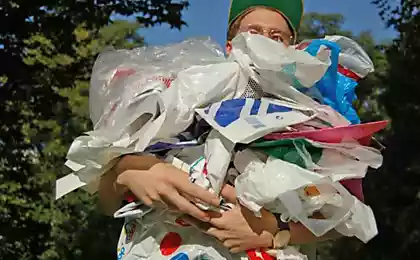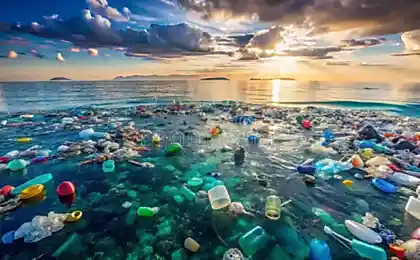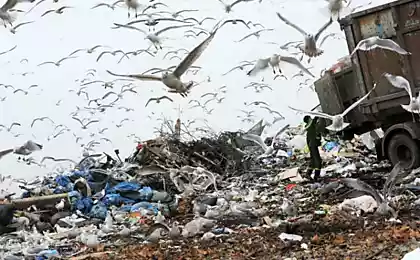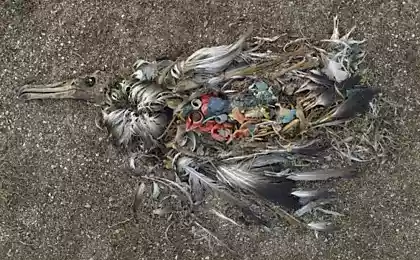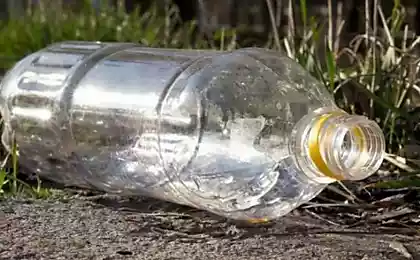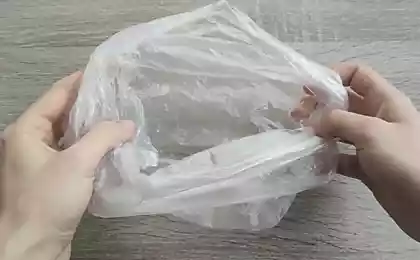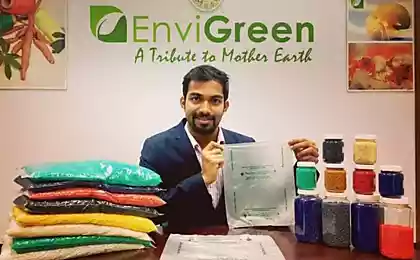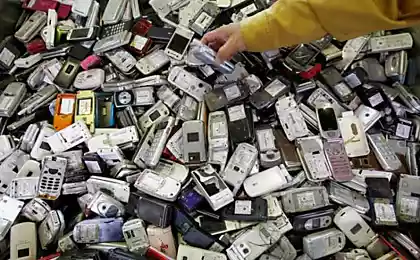224
Why you should give up plastic bags
Man is called the main and only cause of environmental pollution. It would seem that nature created an intelligent bipedal creature that could support and protect it. But something went wrong.
Today, conscious people around the world are sounding the alarm, because the pollution of the planet is growing at an appalling rate. If nothing changes, we will leave our grandchildren not a beautiful blue planet, but a lifeless landfill.
And today we'll talk. pollution. At the same time, we will talk about such a harmless at first glance thing as a plastic bag. Yes, the same packages that we see thousands of people with on the streets every day.
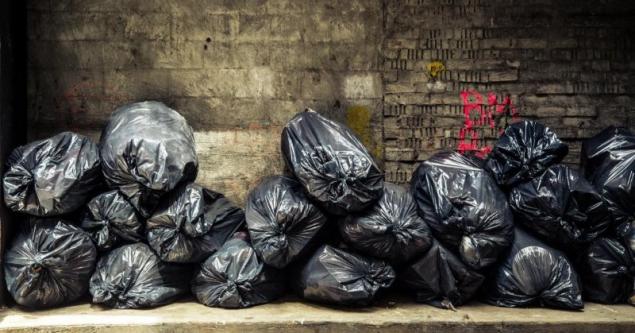
Plastic bags gained popularity in the United States only a couple of decades ago. Buyers quickly appreciated the convenience of the new material and "plastic" firmly entered everyday life. Plastic bags seemed like a revolution - strong, comfortable, cheap. Years later it became clear how much damage they cause to the environment.

The discarded bags do not decompose for more than 100-150 years. In other words, the very first plastic bags, released in the 50s, not even half decomposed. It is not surprising that many places and reservoirs of the planet have turned into real plastic landfills.
Scientists say that every year humanity uses about 4 trillion plastic bags. All this massive mass gets into the ecosystem and destroys it. Plastic bags kill more than 1 million birds, 100,000 marine mammals and countless fish a year.
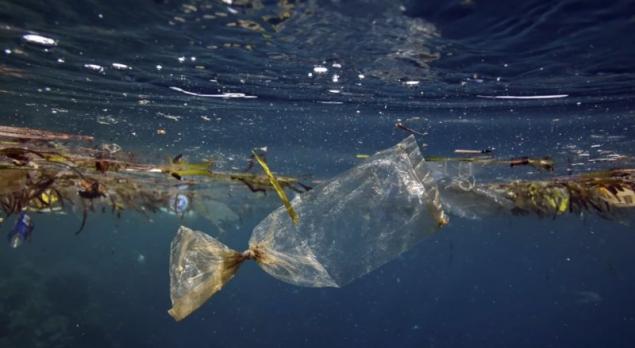
About 6.5 million tons of garbage enter the world’s oceans every year, most of which is plastic waste. The marine research organization Algalita says that about a quarter of the water surface is already covered with floating plastic waste.
Such a frightening circumstance cannot but cause concern, so in many countries already seriously restrict and even prohibit the use of plastic bags in everyday life, offering instead more plastic bags. ecologicLong-lasting fabric bags or paper bags (which decompose in a couple of weeks).

How plastic waste is dealt with in different countries
Since October 1, Georgia has restricted the use of plastic bags that are less than 15 microns thick. Each company was required to put its own name and logo on the package.
But from April 1, 2019, a law came into force, according to which plastic bags were completely banned. They cannot be produced, sold or distributed for free. All containers that are not biodegradable are now outlawed.
For the use of plastic bags in Georgia today a fine of 500 GEL (about 200 dollars). For perpetual violation, the penalty is doubled.
I am glad that the majority of ordinary citizens support such an initiative of the government and deliberately sacrifice their comfort to stop it. pollution.
Perhaps we should stop inventing a second life for plastic bottles and stop using plastic utensils so that our descendants do not reap the bitter fruits of our thoughtless and selfish life.
Today, conscious people around the world are sounding the alarm, because the pollution of the planet is growing at an appalling rate. If nothing changes, we will leave our grandchildren not a beautiful blue planet, but a lifeless landfill.
And today we'll talk. pollution. At the same time, we will talk about such a harmless at first glance thing as a plastic bag. Yes, the same packages that we see thousands of people with on the streets every day.

Plastic bags gained popularity in the United States only a couple of decades ago. Buyers quickly appreciated the convenience of the new material and "plastic" firmly entered everyday life. Plastic bags seemed like a revolution - strong, comfortable, cheap. Years later it became clear how much damage they cause to the environment.

The discarded bags do not decompose for more than 100-150 years. In other words, the very first plastic bags, released in the 50s, not even half decomposed. It is not surprising that many places and reservoirs of the planet have turned into real plastic landfills.
Scientists say that every year humanity uses about 4 trillion plastic bags. All this massive mass gets into the ecosystem and destroys it. Plastic bags kill more than 1 million birds, 100,000 marine mammals and countless fish a year.

About 6.5 million tons of garbage enter the world’s oceans every year, most of which is plastic waste. The marine research organization Algalita says that about a quarter of the water surface is already covered with floating plastic waste.
Such a frightening circumstance cannot but cause concern, so in many countries already seriously restrict and even prohibit the use of plastic bags in everyday life, offering instead more plastic bags. ecologicLong-lasting fabric bags or paper bags (which decompose in a couple of weeks).

How plastic waste is dealt with in different countries
- Denmark saw the problem in 1994 and taxed free plastic bags. This helped reduce the popularity of such containers by about 10 times.
- In Germany, the collection and recycling of packages falls on the shoulders of sellers and distributors of packaging.
- In Tanzania, manufacturing, importing or even trading plastic bags can be jailed or fined several thousand dollars.

- Back in 2004, the British developed and launched self-degrading packages. Within a couple of years, such containers break down into water and carbon dioxide.
- In Italy, plastic bags have been banned since 2011, so the buyer can not do without a reliable bag or biopack.
- The French have banned plastic bags since 2016. And from 2020, plastic dishes will be abandoned.

Since October 1, Georgia has restricted the use of plastic bags that are less than 15 microns thick. Each company was required to put its own name and logo on the package.
But from April 1, 2019, a law came into force, according to which plastic bags were completely banned. They cannot be produced, sold or distributed for free. All containers that are not biodegradable are now outlawed.
For the use of plastic bags in Georgia today a fine of 500 GEL (about 200 dollars). For perpetual violation, the penalty is doubled.
I am glad that the majority of ordinary citizens support such an initiative of the government and deliberately sacrifice their comfort to stop it. pollution.
Perhaps we should stop inventing a second life for plastic bottles and stop using plastic utensils so that our descendants do not reap the bitter fruits of our thoughtless and selfish life.





